The Intersection of Traditional African Matriarchy, Neo-Colonialism, and Gender Equality: A Decolonizing Perspective and Collaborative Approach for Societal Transformation
Adamu Mohammed Yari
Department of Education Kampala International University Uganda
ABSTRACT
This research explores the enduring influence of colonialism in the form of neo-colonialism, particularly its disproportionate impact on women, constituting a dual tragedy. Focusing on indigenous perspectives, the study emphasizes the decolonization of gender as a prerequisite for achieving true gender equality. Through a re-evaluation of matriarchy in traditional Africa, the roles of both genders are illuminated, drawing attention to enduring values that warrant deliberate integration into contemporary society. The mistreatment of widows, reminiscent of traditional practices, persists in present-day Africa, highlighting the urgent need for collaborative efforts to liberate women from societal oppression. The integration of matriarchal principles with contemporary democratic values is proposed as a solution to cultivate a society that upholds equality for both men and women.
Keywords: Colonialism, Neo-colonialism, Gender Decolonization, Matriarchy, Indigenous Perspectives, Gender Equality, Traditional African Values, Widows’ Rights and Societal Oppression.
CITE AS: Adamu Mohammed Yari (2024). The Intersection of Traditional African Matriarchy, Neo-Colonialism, and Gender Equality: A Decolonizing Perspective and Collaborative Approach for Societal Transformation. IAA JOURNAL OF SOCIAL SCIENCES 10(1):15-18. https://doi.org/10.59298/IAAJSS/2024/101.15.18000
